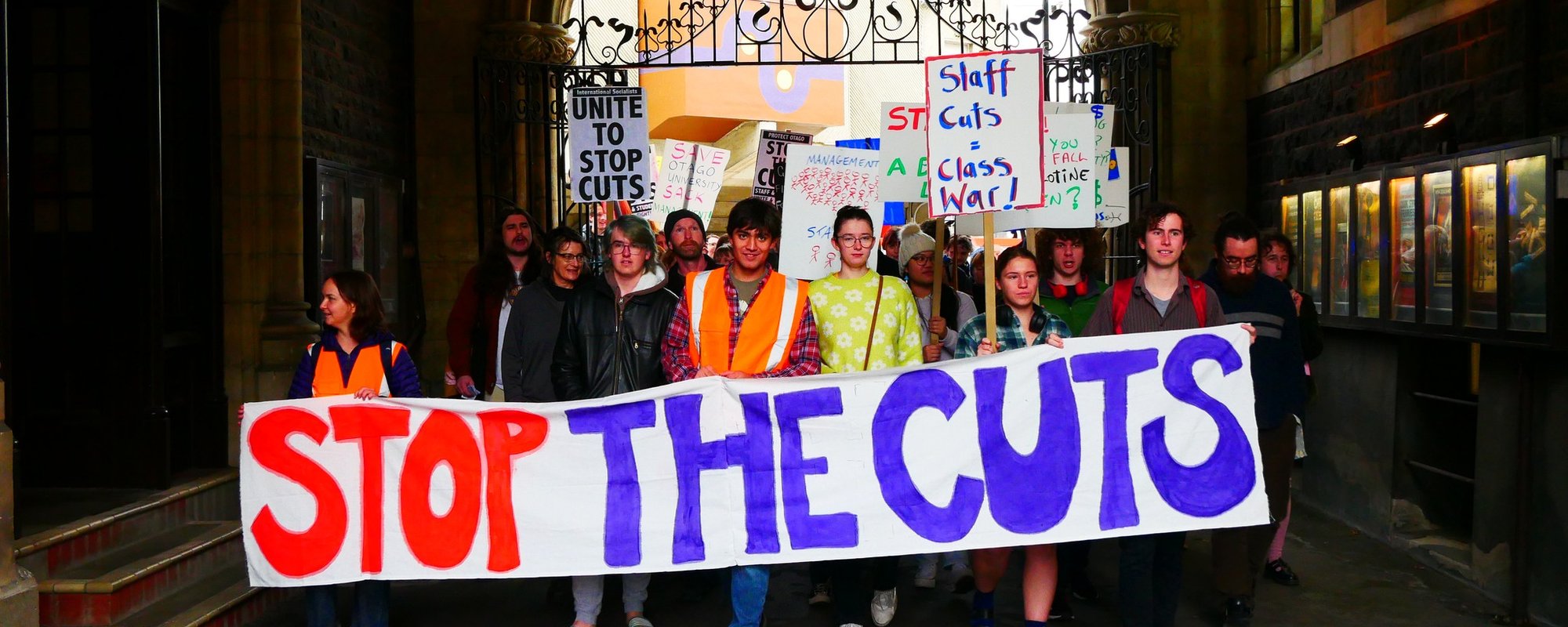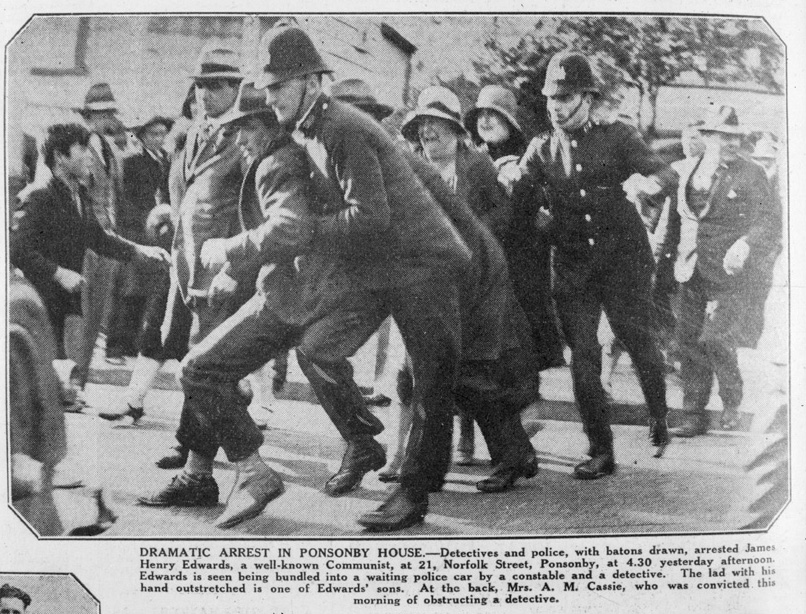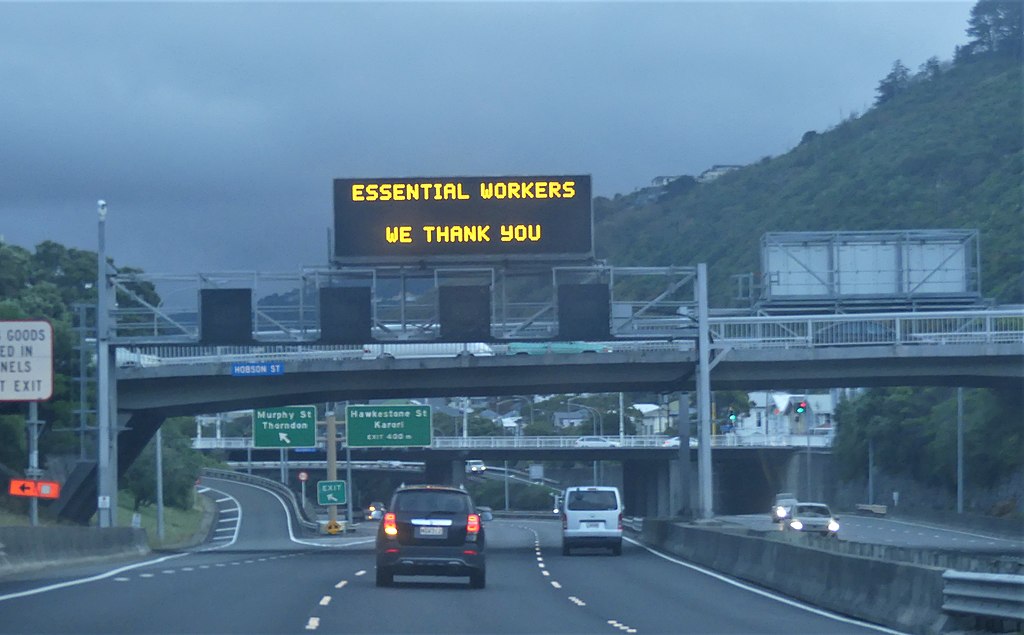The New Zealand General Election is fast approaching. In addition to the customary option to vote for a party and an electoral candidate, there will simultaneously be two referenda. One of those will be about whether or not to pass into law particular processes to allow people with terminal illness the option of assisted death under specific circumstances. This is a complex and potentially divisive issue. Recent local and international upheaval events have potentially overshadowed discussion of this assisted dying referendum, and there are still important issues to be discussed. Thus, the Disabled Students Association VUW, Te Herenga Waka Victoria University of Wellington Law Students’ Society, and the VUW Students’ Association organised a panel discussion at the VUW Faculty of Law on Wednesday 5th August.
Approximately 80 people sat in the lecture theatre. The organisers had set up a safe space in the adjoining room, aware of the sensitive nature of topics being discussed. Snacks and drinks had been provided as attendees filed in. The panel was introduced by a student representative, and then handed over to OneNews journalist Mei Heron to facilitate. Mei focussed discussions with a mixture of pre-prepared questions and questions from the audience submitted electronically.
First on the panel was Hon Ruth Dyson, Labour Minister of Parliament. Dyson has previously held the ministerial portfolio for Disability Issues and been Associate Health Minister, and professed a personal passion for End of Life work. She noted that this is the third time that this type of legislation has been before New Zealand’s parliament: the first being National MP Michael Laws’ 1995 Death with Dignity Bill; the second being then New Zealand First Deputy Leader Peter Brown’s 2003 Dying with Dignity Bill. The issue was also raised but withdrawn in 2013 by Labour MP Maryan Street. The currently debated End of Life Choice Bill was introduced in 2019 by ACT MP David Seymour. Dyson advocated energetically for the individual’s right to decide for themselves how they are going to die. She made clear that she was strongly in favour of this legislation, and that she felt it had more than adequate safeguards to ensure mental competency and lack of coercion, adding that in her opinion if this legislation is discriminatory it will be because of exclusion due to the high bar required. Dyson acknowledged current health inequities, but felt that this was not an either/or discussion. Prompted by a question from the audience, she commented that due to the political difficulty of such discussions if this legislation did not pass it may be a decade until the issue is able to be discussed in parliament again.
Next on the panel was Dr Clive Aspin, Senior Lecturer in the Te Herenga VUW School of Health. Aspin took a personal storytelling approach to advocating for the legislation, making it clear that as he gets older he would like to have the freedom to choose how he dies. He shared examples where people had been able to die on their own terms, and others where medical doctors had inappropriately advocated prolongation of life without adequate communication with the individual or with whānau. Identifying as Māori, while noting that he could not speak for all Māori, Aspin raised concerns about Māori suffering disparities from life to death including access to palliative care in the end stages of life. He expressed the opinion that until those disparities have been eliminated it wouldn’t be right to deny Māori the option to die as offered in this legislation. He put this legislation in the context of positive powerful progressive social change, summing up with a view that such changes produce a society where there is greater recognition that there is a place for all.
Last on the panel was Paula Tesoriero MNZM, Disability Human Rights Commissioner. She clarified her role as being one of protecting and promoting the rights of disabled people, with concern for the voices of some of the most marginalised people in our society. She noted that this was not a debate about the right to choose to end one’s life, or how and when that might be appropriate, but it was instead a debate about whether the End of Life Choice Act was the specific piece of legislation that should enable that right. Tesoriero made it clear she did not consider this legislation to contain adequate safeguards for those with learning disabilities, she considered it provided inadequate oversight of how frequently and where people might be engaging with the process covered by this legislation, health professionals lacked specific training for this process, and coercion would be difficult to identify. She suggested that the period of engagement with the community and with health professionals should have been much greater, such as occurred in the development of much more rigorous legislation in Victoria. Further, she noted the absence of a representative disabled person on the Support and Consultation for End of Life in New Zealand (SCENZ) Group, a lack of legislated “cooling off period”, and a lack of discussion about access to palliative care and support for disabled people to live life.
The majority of the debate focussed on an individual’s right to choose their own death, and around the specific details of the oversight process. While both Ruth Dyson and Clive Aspin acknowledged inequities in health care and social support for quality of life, only Paula Tesoriero directly noted the potential for wrongful death to occur. Even then, she did not spend much time on the current conditions that might lead an elderly, disabled, or otherwise disadvantaged person to be more inclined to end their life. Clive Aspin’s suggestion that Māori might be more likely to end their life because of a lack of access to palliative care is a very real possibility. But this is hardly an argument for the legislation – it should prompt immediate critical consideration and redress of the social climate that would lead to such outcomes.
I felt all three panellists provided valuable insight and contributed thoughtfully to the discussion, though I am unconvinced that such arguments favour passing this legislation. That similar bills have been tabled disproportionately by the right should potentially raise suspicion, and I can’t help but wonder whether some might support this legislation as a way of speeding the death of, and decreasing public healthcare costs for, those considered to no longer have economic value. I am strongly in favour of each person’s right to choose a death that avoids the suffering that can come with terminal diseases, but we should heed Paula Tesoriero’s point that this is a debate about whether this is the correct legislation to enable that right. Furthermore, we should consider whether current social conditions put undue pressure on vulnerable people, and whether this legislation might result in wrongful death and decrease the perceived urgency of improving palliative support.
With such a high-quality debate on such an important topic, I did regret that the event hadn’t been more widely advertised and made more explicitly available to the general public. However, a video of the debate is available on YouTube. I thoroughly recommend taking the time to watch it.








